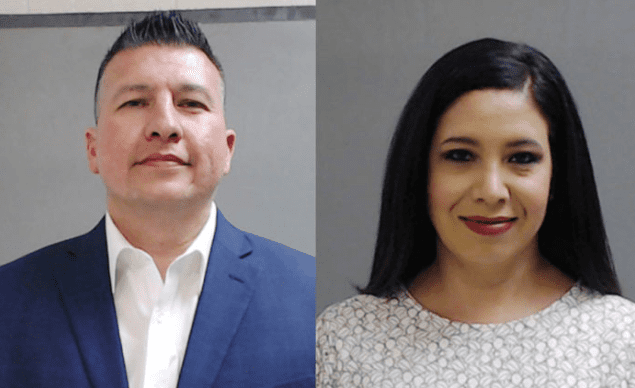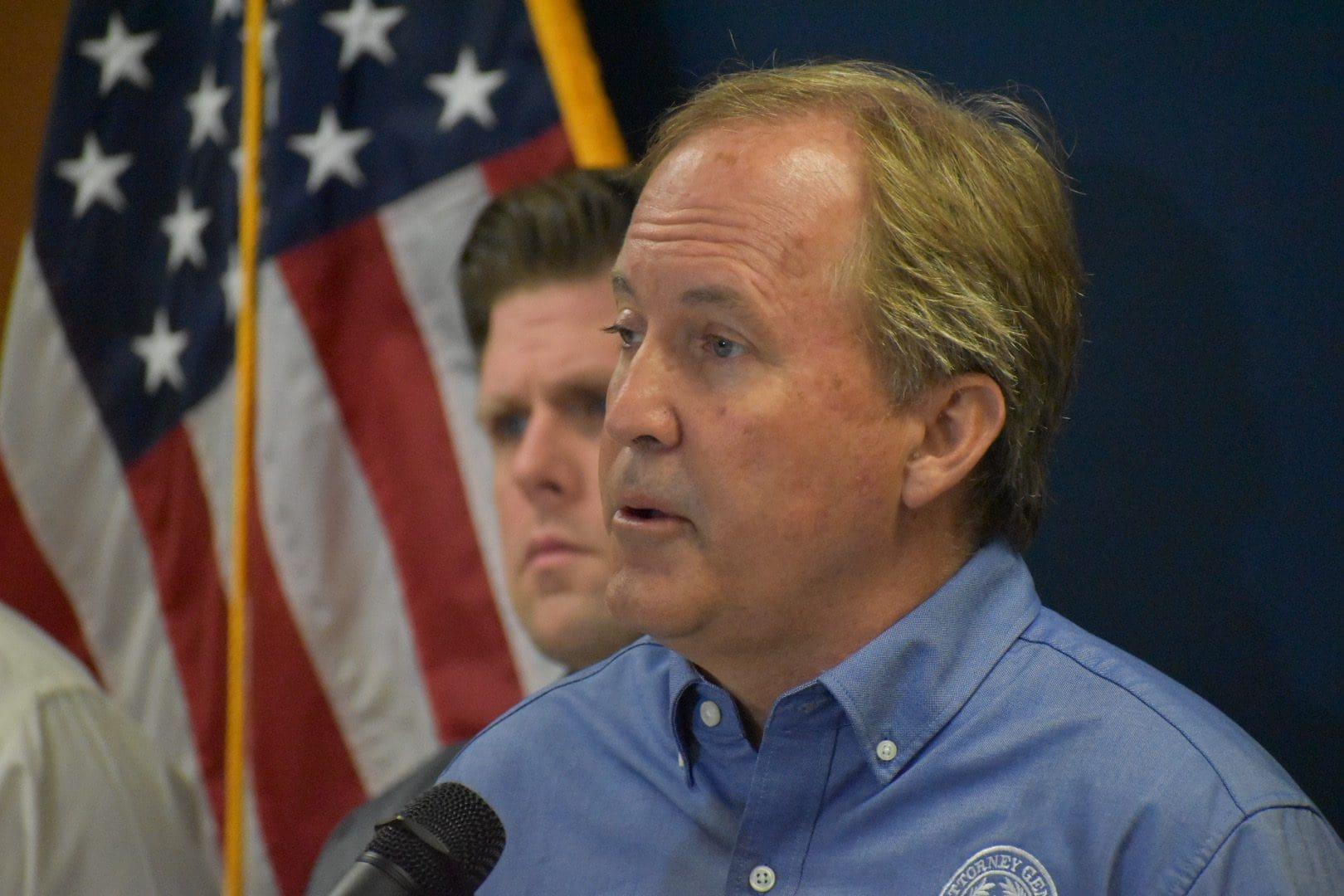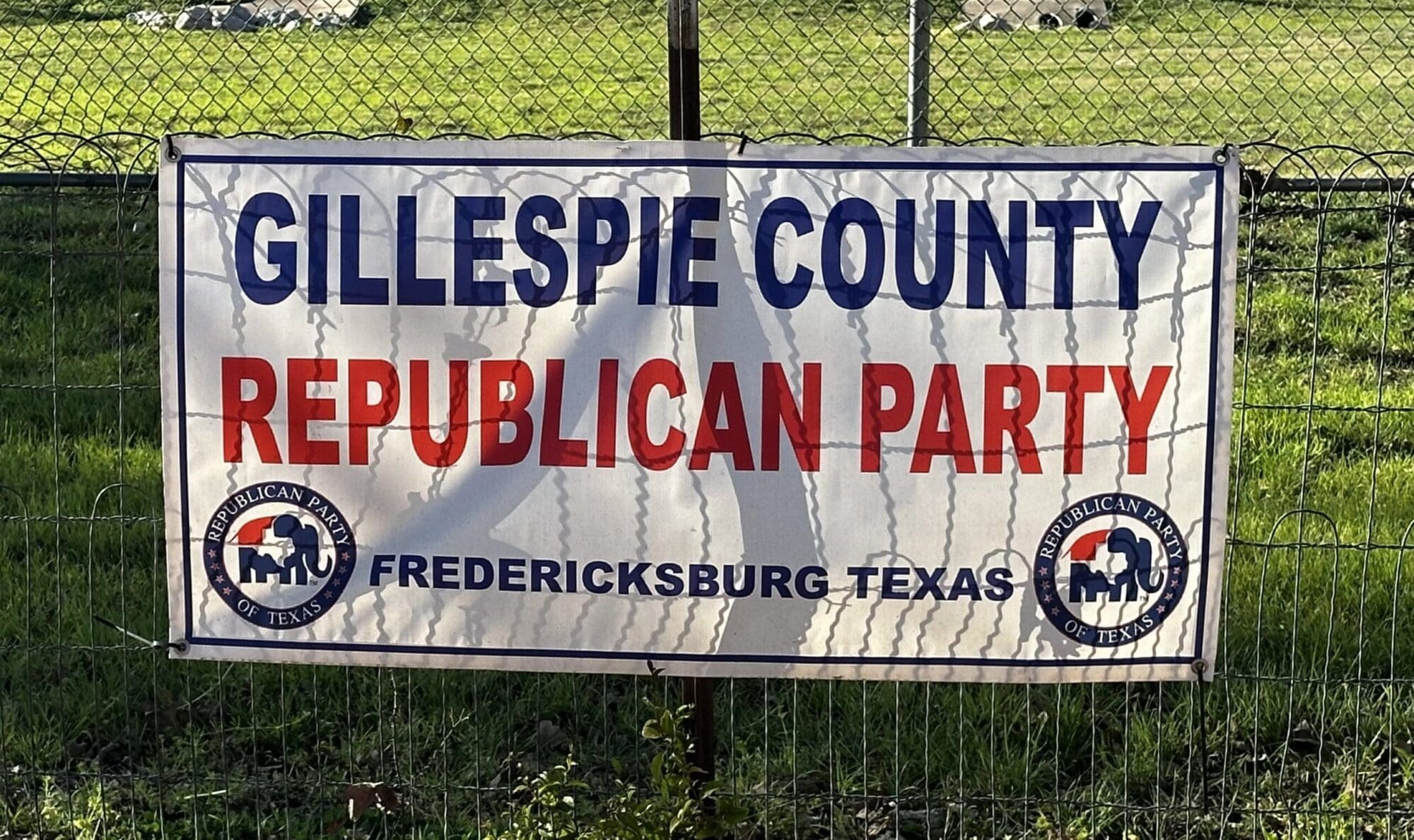A grand jury indictment charging a South Texas mayor with running an illegal vote harvesting operation identified a former city official among alleged co-conspirators.
Edinburg Mayor Richard Molina was indicted June 6 on one count of engaging in organized election fraud, a first-degree felony, and 11 counts of illegal voting, a second-degree felony. His wife, Dalia Molina, was named as a co-conspirator and indicted on one count of organized election fraud and two counts of illegal voting. The two are set to be arraigned on the charges July 12 in the 92nd District Court.
The charges relate to Molina’s November 2017 mayoral election, in which he’s accused of soliciting people he knew were not eligible to vote in the city to cast fraudulent ballots for him.
Molina and his wife were arrested in April and charged with felony voter fraud for enticing people who live outside the City of Edinburg to change their voter registration to addresses inside the city for the explicit purpose of illegally voting for him. Acting as a deputy voter registrar for Hidalgo County, Molina personally helped multiple voters change their registration addresses—some to the address of an apartment complex he owns.
It’s against the law to register to vote at an address where you don’t live. Making, or inducing another person to make, a fraudulent statement on a voter registration application is a Class B misdemeanor. Illegally voting where you don’t reside is a second-degree felony; engaging in organized activity to commit illegal voting upgrades the offense to a first-degree felony.
Court documents identify nine other alleged co-conspirators in the Molinas’ illegal voting scheme—including Julio Carranza, a former member of Edinburg’s economic development corporation.
Carranza resigned from the EDC board in March 2018, along with two other board members. Molina and city council members Gilbert Enriquez, Jorge Salinas, and David Torres then voted themselves onto the board. Less than two weeks later, in April 2018, council awarded Carranza’s company a $58,000 construction contract, according to The Monitor. Enriquez claimed he was removed from the board that same month because he was asking too many questions. “They don’t want the taxpayer to know exactly where their tax dollars are going.”
Carranza has not been charged, but at least 16 others have been arrested for participating in the fraud, including some of Molina’s paid campaign workers and others tied to him and his campaign.
In the wake of the charges against Molina, Edinburg residents have targeted the mayor and city council members with recall petitions. If enough citizens sign the petitions, Molina and the others will have to resign or face voters again in a recall election. Two-thirds of city voters would then have to approve the recall for Molina to be ousted as mayor.
City officials said in a statement they were aware of the indictment against the mayor, and the charges “do not impact the day-to-day operations of the city.”
The investigation remains ongoing. Hidalgo County District Attorney Ricardo Rodriguez is prosecuting the case with Texas Attorney General Ken Paxton’s Election Fraud Unit.





